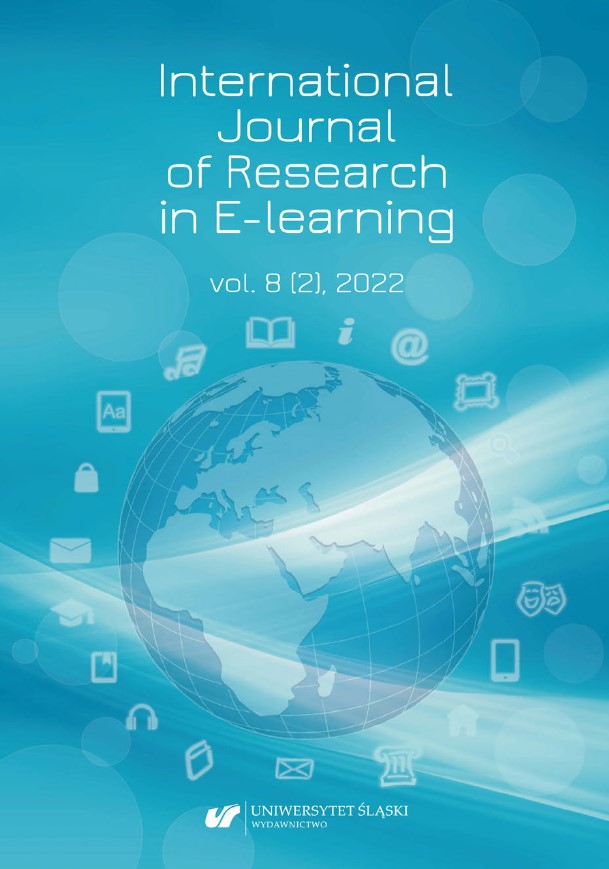World Practices of STEM Education Implementation: Current Problems and Results
World Practices of STEM Education Implementation: Current Problems and Results
Author(s): Artem Yurchenko, Kateryna Yurchenko, Volodymyr Proshkin, Olena SemenikhinaSubject(s): Education, School education, Vocational Education, State/Government and Education, ICT Information and Communications Technologies, Distance learning / e-learning, Pedagogy
Published by: Wydawnictwo Uniwersytetu Śląskiego
Keywords: STEM education; forms of implementation of STEM education; practices of implementing STEM education; STEM education in Ukraine; teacher training for STEM-oriented education
Summary/Abstract: The term “STEM education” has been clarified. It is well-founded that STEM education is a learning process that is based on interdisciplinary and practical orientation and provides the formation of skills to acquire theoretical knowledge, and master scientific methods for their use in solving specific practical tasks (not only in professional activities). A quantitative analysis of the results of the implementation of STEM education, presented in scientific publications, was carried out. A small percentage of publications dedicated to STEM education have been found. It has been established that in countries with developed economies, there are significantly more published scientific results regarding the implementation of STEM education. Practical cases of the implementation of STEM education in Ukraine and the world are highlighted. Among these are the organization of STEM education through solving problem situations in field conditions; basing classes on solving practical tasks in a certain professional field; examples of organizing and conducting lessons in high school on an interdisciplinary basis; cases for four scenario exercises; cases for solving practice-oriented tasks at home; and cases of inclusive education using STEM projects. A content analysis of modern practices of implementing STEM education on the basis of open educational resources such as Coursera, edX, Udemy, Prometheus, and EdEra was conducted. The analysis of open educational resources shows that there are too few courses that would focus on STEM education and on training teachers to implement STEM-oriented education. The basis for the research was scientific publications in publications indexed by the scientometric databases Scopus and Web of Science over the past 10 years, and dissertation research conducted in Ukraine.
Journal: International Journal of Research in E-learning
- Issue Year: 8/2022
- Issue No: 2
- Page Range: 1-20
- Page Count: 20
- Language: English

